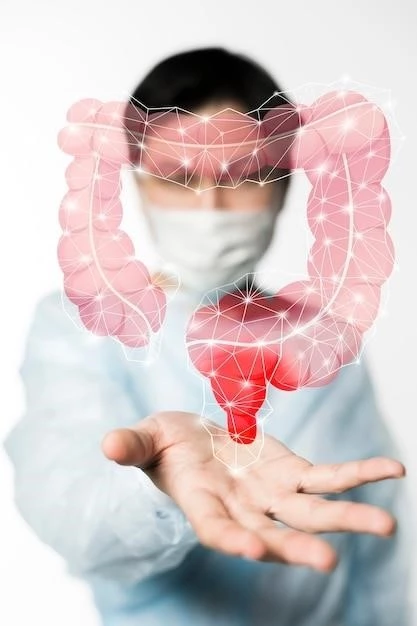Overview of Colonic Atresia
Colonic atresia is a rare congenital condition where a portion of the colon is blocked or missing. It can develop due to abnormal fetal development.
Causes of Colonic Atresia
Colonic atresia can be caused by various factors such as abnormal blood supply during fetal development, genetic abnormalities, intrauterine infections, or certain environmental factors affecting the fetus. While the exact cause is not always clear, these factors are commonly associated with the development of colonic atresia.

Understanding Symptoms of Colonic Atresia
Common symptoms of colonic atresia include abdominal distension, vomiting, failure to pass meconium, and signs of intestinal obstruction.
Common Symptoms to Look Out For
Common symptoms of colonic atresia include abdominal distension, vomiting, failure to pass meconium, and signs of intestinal obstruction. Newborns may also exhibit signs of feeding intolerance and abdominal tenderness upon examination. Recognizing these symptoms early is crucial for prompt diagnosis and treatment.
Diagnosis of Colonic Atresia
Diagnosing colonic atresia often involves imaging studies like X-rays, ultrasounds, and contrast studies, along with clinical evaluation and physical examination.
Methods and Tests Used for Diagnosis
Various methods and tests are utilized for diagnosing colonic atresia, including abdominal X-rays, ultrasounds, contrast studies such as barium enemas, and sometimes more advanced imaging like CT scans or MRIs. Clinical assessment and physical examinations play a crucial role in the diagnostic process as well, helping healthcare providers determine the appropriate course of action.
Treatment Options for Colonic Atresia
Treatment options for colonic atresia typically involve surgical intervention to repair or remove the affected portion of the colon and restore normal digestive function.
Surgical and Non-Surgical Approaches
Colonic atresia is primarily treated through surgical intervention, involving procedures like colostomy, resection, or anoplasty. Non-surgical approaches may include supportive care, nutritional therapy, and close monitoring postoperatively.
Exploring Complications of Colonic Atresia
Complications of colonic atresia may include issues like bowel obstruction, infection, sepsis, and long-term gastrointestinal problems that can affect overall health and quality of life.
Potential Risks and Complications Associated
Some potential risks and complications associated with colonic atresia include bowel perforation, strictures, nutritional deficiencies, growth delays, and long-term issues with bowel function. Prompt diagnosis and appropriate management are essential in minimizing these risks and improving the long-term outcomes for patients.
